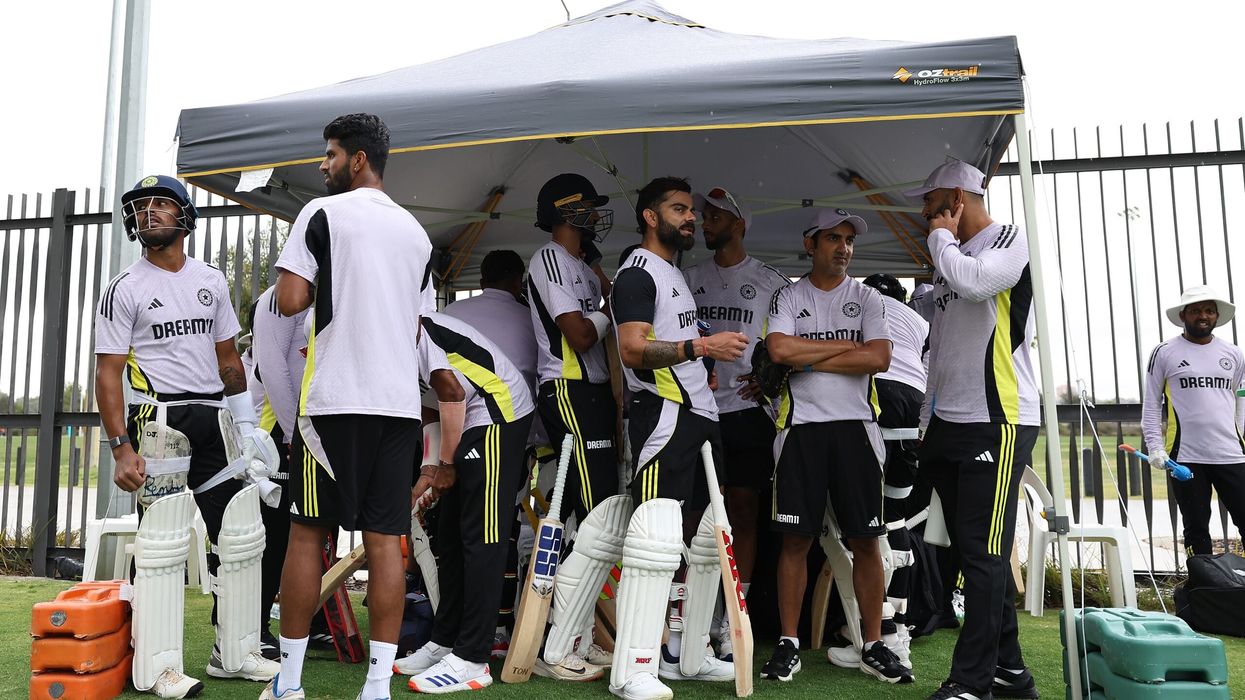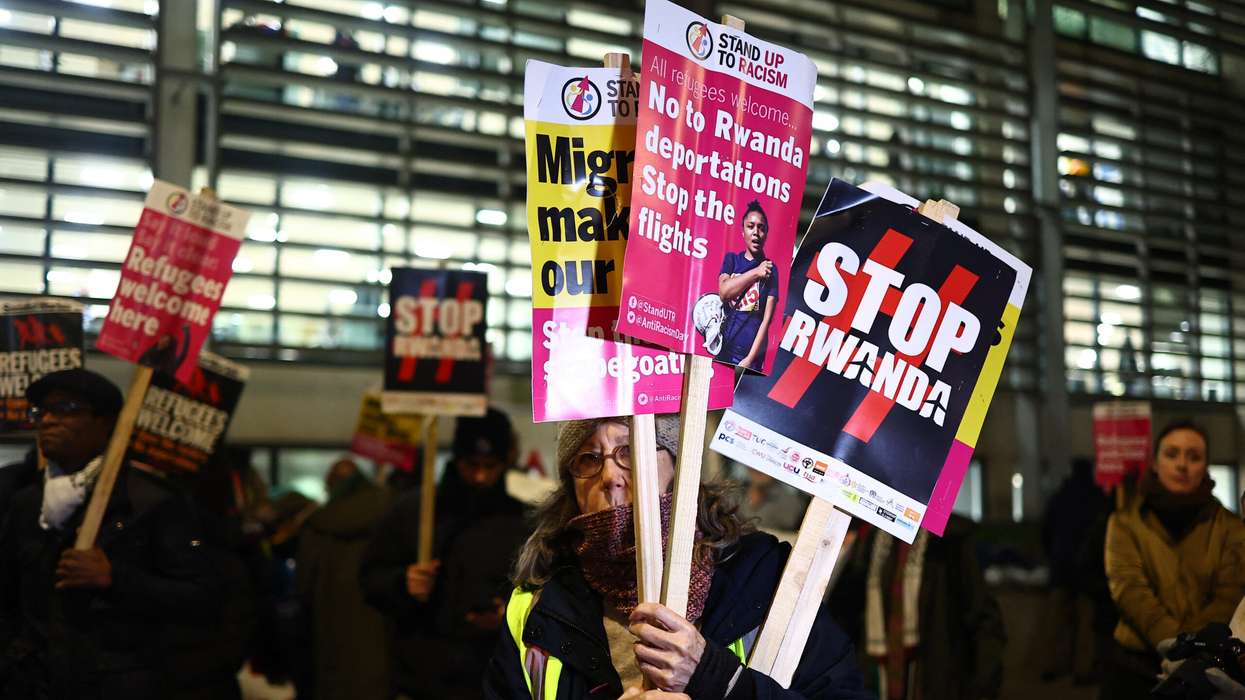INDIA will face Australia in a five-match Test series starting Friday in Perth.
The series comes after India’s first red-ball series defeat at home in over a decade, where they were whitewashed 3-0 by New Zealand.
This series is crucial in determining the finalists of the World Test Championship.
Here are five key challenges India faces ahead of the series:
Kohli and Rohit struggling
India’s batting stalwarts, Virat Kohli and Rohit Sharma, had a poor series against New Zealand. Rohit, who also leads the side, managed only 91 runs across three matches, while Kohli scored 93 runs, including four single-digit scores in six innings.
Backing his players, coach Gautam Gambhir described them as “incredibly tough men” and urged them to rise to the occasion. However, doubts remain about Kohli’s longer-term form, with the 36-year-old managing only two Test centuries in the past five years.
Rohit, 37, could miss the opening Test following the birth of his second child. Former cricketer Sunil Gavaskar has warned that Rohit may find it challenging to face Mitchell Starc’s bowling.
Opening woes
Rohit’s inconsistent form has affected India’s ability to start well, putting pressure on young opener Yashasvi Jaiswal. Without Rohit, selectors are considering replacement options, with KL Rahul being a likely candidate. However, Rahul’s recent form has been underwhelming, leading to his exclusion from the final two Tests against New Zealand.
Former coach Ravi Shastri suggested Shubman Gill as an option, but Gill is reportedly out of contention for the first Test due to a fractured thumb. Abhimanyu Easwaran, an uncapped 29-year-old, has emerged as a contender.
Too much pressure on Bumrah?
Jasprit Bumrah leads India’s pace attack but has struggled for support. Mohammed Shami is recovering from injury, and Mohammed Siraj has been out of form, claiming just two wickets in the New Zealand series before being replaced by Akash Deep.
Reports suggest Shami could join the squad after proving his fitness in a domestic match, potentially forming a new-ball pair with Bumrah. As vice-captain, Bumrah is likely to lead the side in Perth if Rohit is unavailable, adding to his responsibilities. Former Australian allrounder Brendon Julian remarked that this could put significant pressure on Bumrah.
Gambhir under scrutiny
Coach Gautam Gambhir, who took charge after India’s T20 World Cup win in June, has faced criticism following the New Zealand whitewash. Gambhir has dismissed suggestions that he is “feeling the heat,” but former cricketers, including Sanjay Manjrekar and Tim Paine, have questioned his approach and temperament under pressure.
Spin challenges
India’s veteran spinners Ravichandran Ashwin and Ravindra Jadeja struggled against New Zealand’s Mitchell Santner and Ajaz Patel, who dominated on spin-friendly pitches. On Australian pitches that favour pace, only one spinner is likely to feature in the playing XI.
Washington Sundar, who took 16 wickets in two Tests against New Zealand, is in contention to replace Ashwin or Jadeja in the lineup.
(With inputs from AFP)




